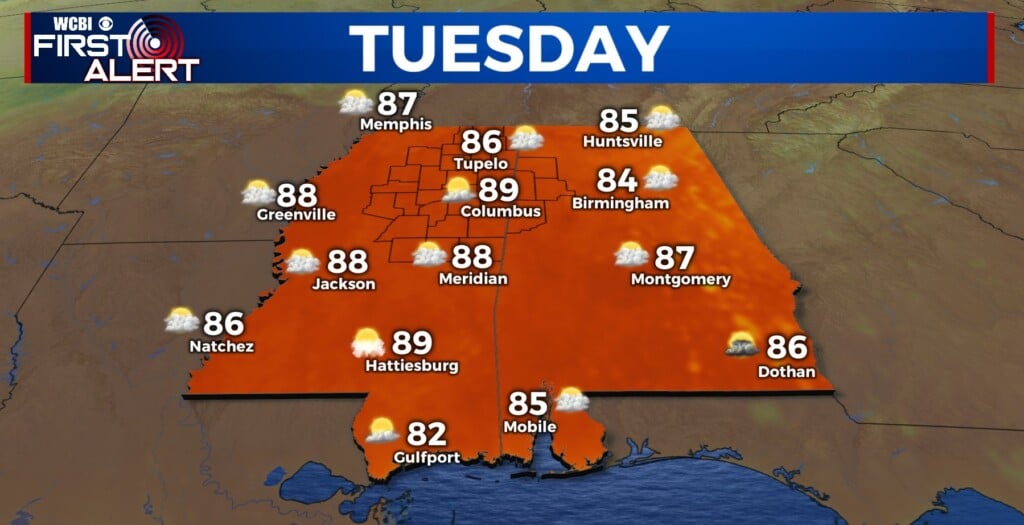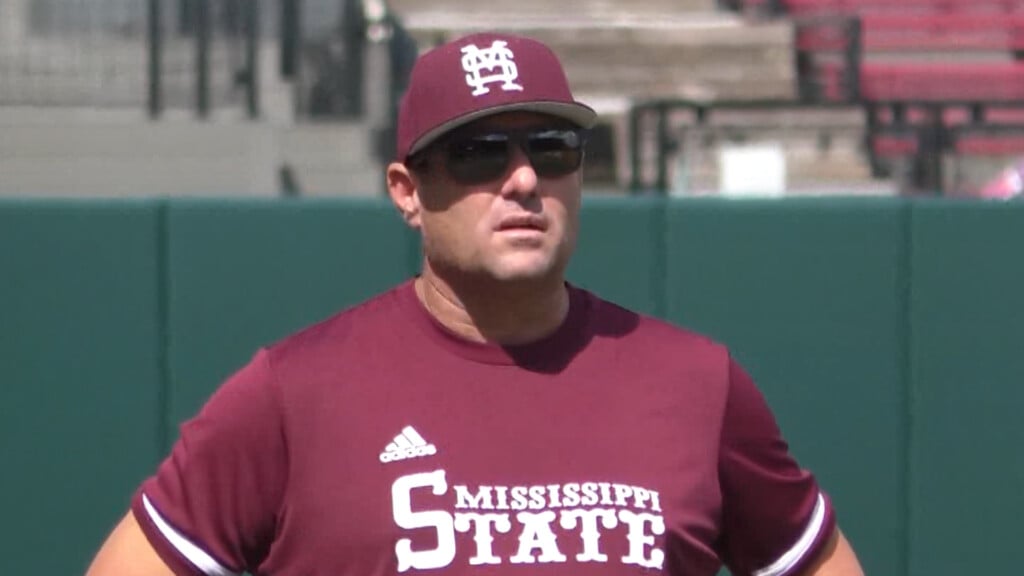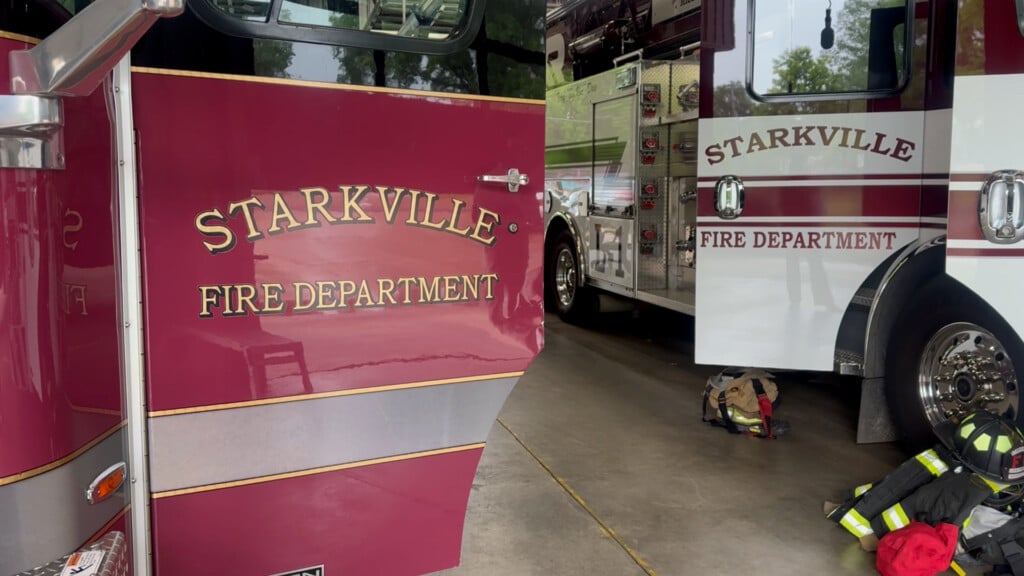VIDEO: Different Court Systems
GOLDEN TRIANGLE, Miss. (WCBI) – Yesterday, we gave you a story about the rise in the severity of juvenile crime.
If a juvenile is detained for committing a capital offense, there is a process to decide if they should remain in the juvenile jurisdiction or be moved up to an adult prison.
The crimes we’re talking about are acts we can see adults committing, not kids.
These situations put judges in difficult situations, and sometimes the outcome isn’t a positive one.
Like adult court, youth court has a specific process when dealing with breaking laws.
“When they’re charged, they’ll be brought in, and if it’s something within out jurisdiction then they’ll come in and a decision will be made whether or not to detain them or to release them to their parents. If we decide to detain them, then they have to have a detention hearing to decide whether to keep them in the back until their trial comes up or to release them to their parents,” said Lowndes County prosecutor, Allison Kizer.
So exactly is the tipping point for trying a child as an adult?
Many times its because of their criminal history.
“If youth court has exhausted all of its mean to help the child, then the decision is made and they are certified as an adult. But that has to be a process that’s done through the court and the judge, at that point, will make the rule that we’ve exhausted all of our programs and detentions and training schools and all of those things have been exhausted and we have nothing left to offer that child,” continued Kizer.
Once a child is over the age of 13, a capital offense automatically sends their case to adult court, completely skipping the youth court process.
“But that does not necessarily mean they’ll stay within the adult system. The circuit judges have the authority and the ability to remain those children back to be handled under the jurisdiction of the youth court,” said Kizer.
“…and certainly pending the time of the arrest until the time of the trial, they are going to be in a juvenile detention center because they are not going to be put with an adult population.”
There is a terminology that is used in youth court, compared to adult court,” continued Oktibbeha and Clay county prosecutor, Lydia Quarles.
Juveniles are never incarcerated; they are detained.
They also cannot be guilty; they are simply classified as delinquent.
“…Where in big court, adult court, most everybody ends up plea-bargaining, and then of course your adjudication is guilty. You become a misdemeanant or a felon, which you don’t become as long as you stay in the juvenile system,” said Quarles.
It’s not something people may think of, a teenager in an adult prison, but it does happen.
Prosecutors and detention center workers hope their programs can break these cycles of recidivism and keep youth and adult offenders separated.





Leave a Reply